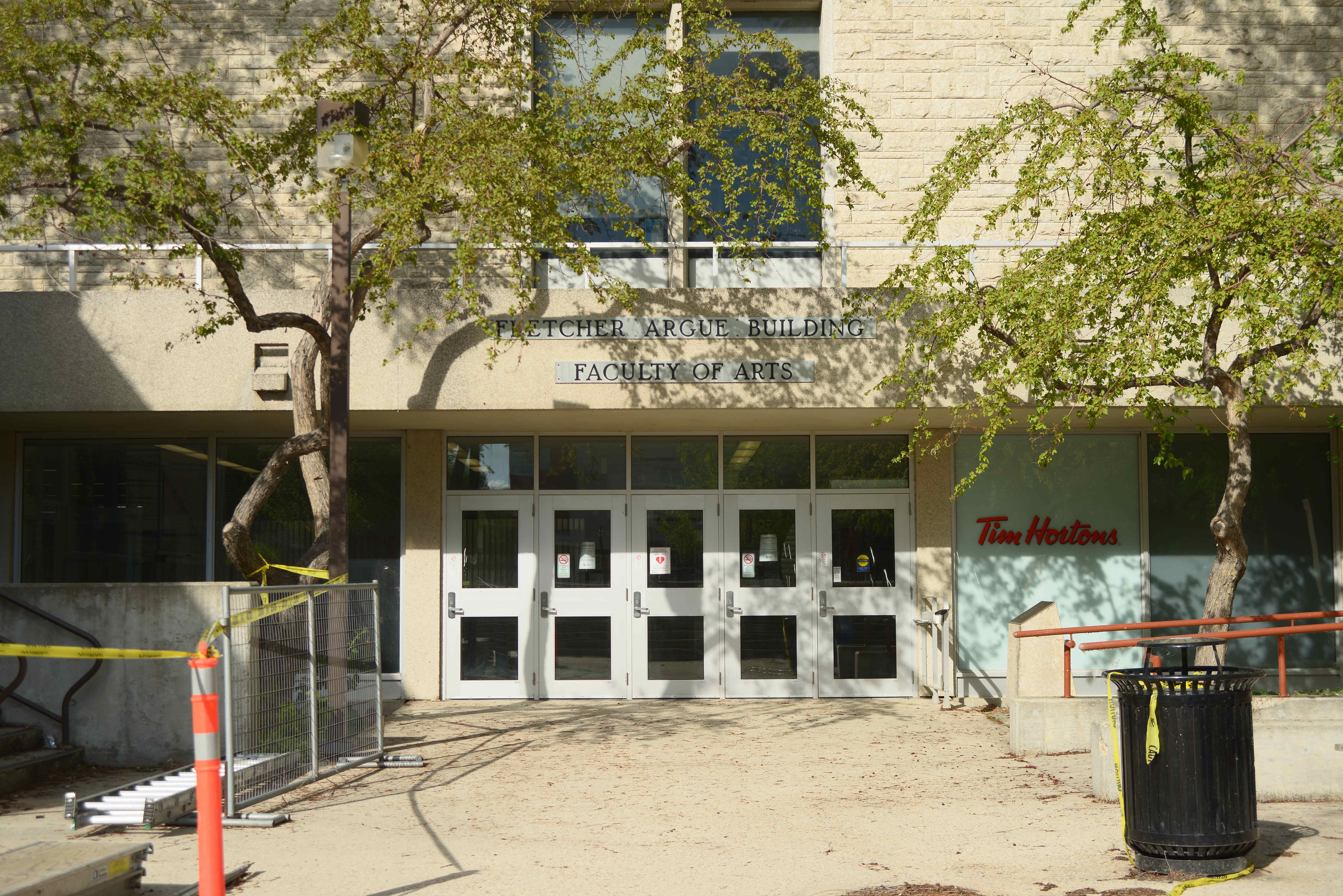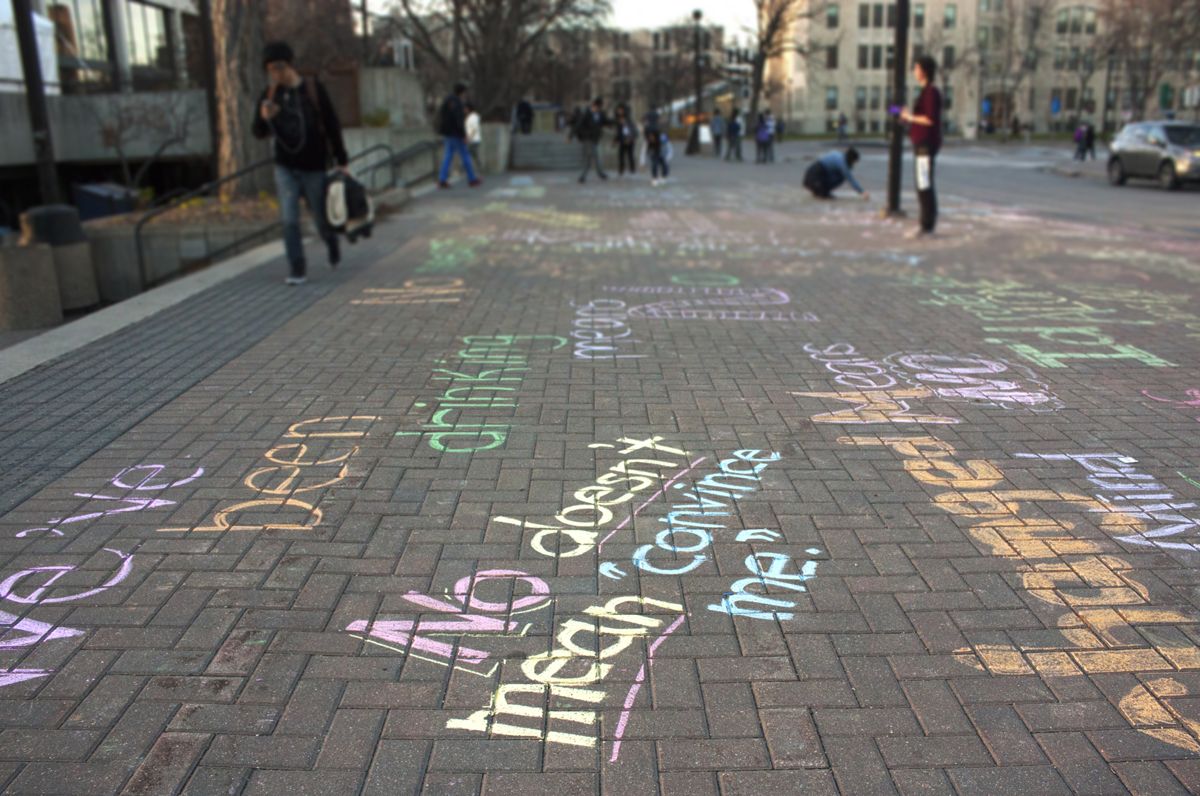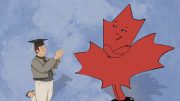The COVID-19 pandemic brought uncertain times for the University of Manitoba, but this fall assistant professor and cultural anthropologist Lara Rosenoff Gauvin hopes to explore and understand its effects with her students.
“Why I wanted to offer [the class] was to be able to create a space for students, young people, to be able to document and examine [the cultural effects of COVID-19],” Rosenoff Gauvin said.
This fall, the U of M anthropology department is offering ANTH 4780, a remote learning course titled “Anthropology Now: COVID-19.”
The class has 10 spaces and is available for fourth-year students, those with written consent from the department head and those in graduate studies.
Rosenoff Gauvin hopes to help her students look at “the human experience now, in real time.”
While teaching online during the winter semester, she recognized that her students, instead of sticking to the syllabus, wanted to look at the sociocultural climate around them and their own changing experiences.
“I thought [modifying the course content] worked really well, and I think it actually provided a space that many of us, including myself, needed to be able to speak and look at our own experience with a little perspective,” she said.
To offer a more in-depth version of that class discussion, the new course aims to examine “human experience today in terms of the pandemic from multiple perspectives.”
Using media and art as well as academic texts to capture “the range of human experience,” Rosenoff Gauvin’s focus will include a look into how North American media in particular has responded to the rapidly changing pandemic, as well as the world’s varied responses and the institutions that cause those responses.
The course will also examine historical pandemics and how historical factors and current perspectives directly affect community health.
Rosenoff Gauvin said the course content will be flexible, reflecting that as the climate changes, her class will respond to those changes.
To her, anthropology students have a particular duty to look at this pandemic, to look at the changing world and to determine the skills they need before entering the workforce or continuing studies.
She said students “are going into the future.”
“You are the ones that are going to be shaping the COVID and post-COVID world,” Rosenoff Gauvin said.
“Just as much as COVID shaped us, we shape the possibilities that we can live within the post-COVID world.”
The class, along with all fall 2020 and winter 2021 courses, is listed on Aurora. Registration opens for returning students June 23.




